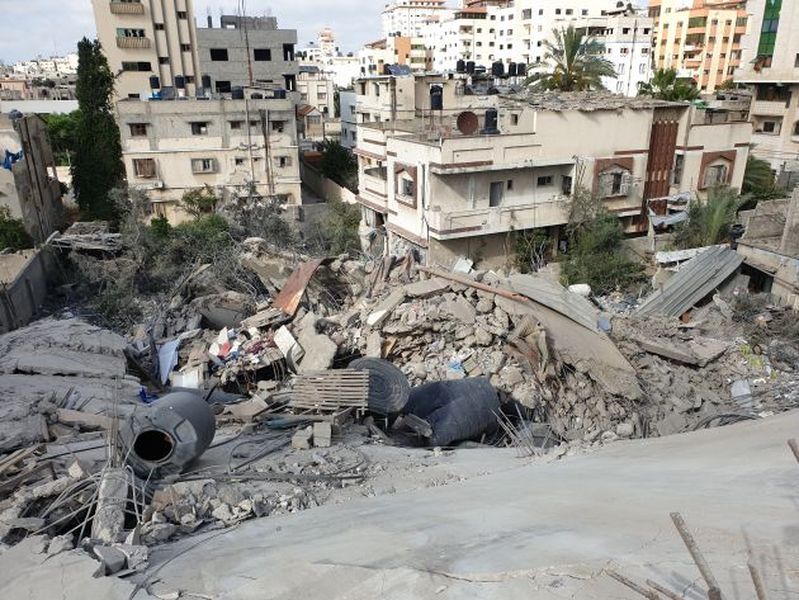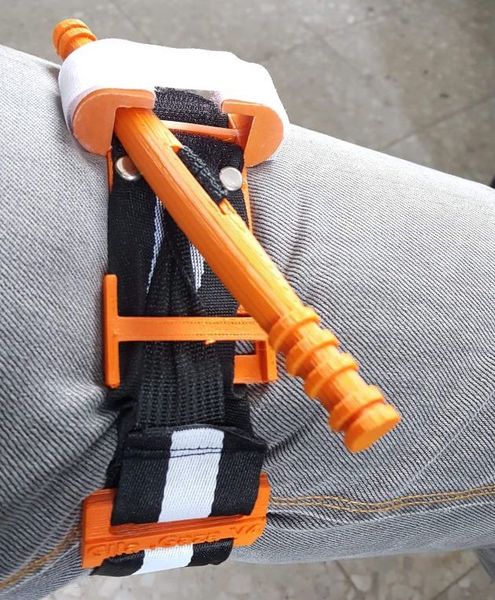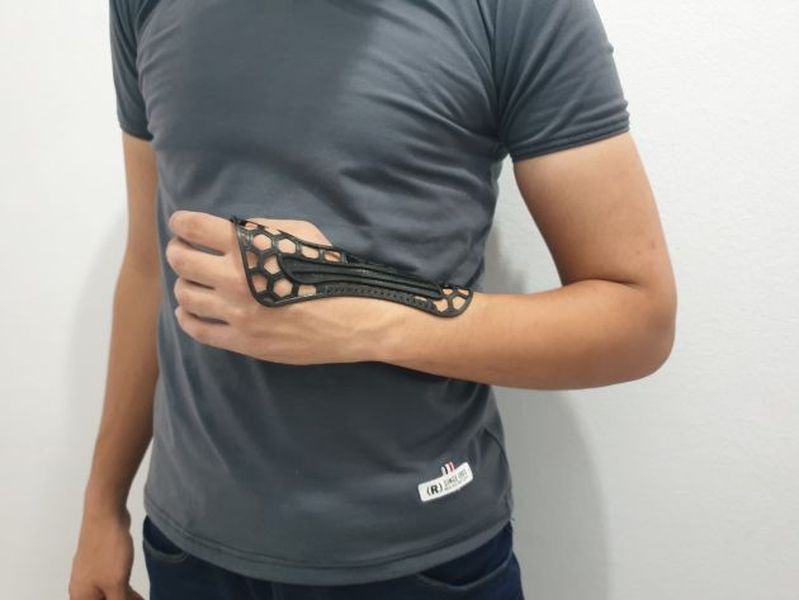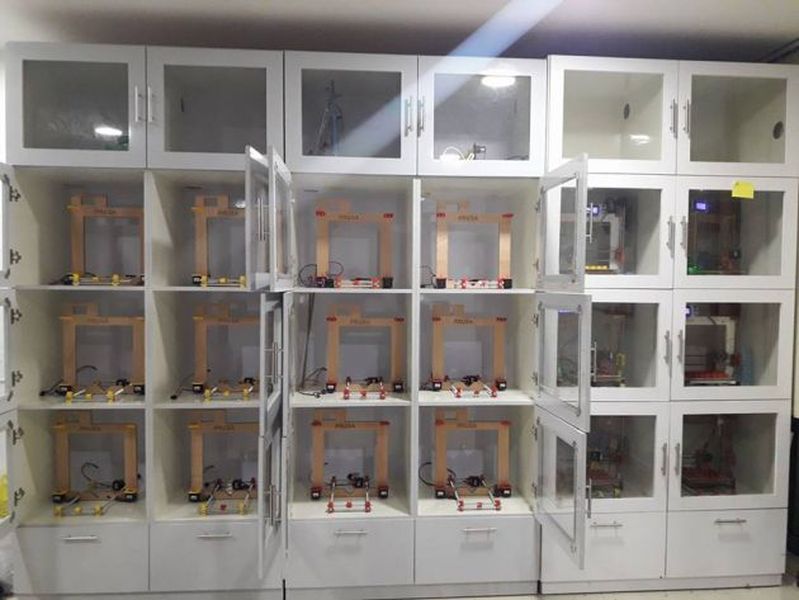
Tashkeel3D, a 3D print startup producing medical components in Gaza has been destroyed.
The startup is an affiliate of the Canadian Glia Project. That project was founded with the goal of providing low-cost 3D printable medical components to regions where such equipment may not be immediately accessible.

We have written about the Glia project and their work in Gaza twice in the past. In 2018 the project’s work appeared in Gaza with the production of 3D printed tourniquets. These were produced at only a cost of US$7 each, far lower than commercial equivalents.

In 2020, the Glia project expanded their portfolio of 3D printable medical devices, and included 3D printed stethoscopes and otoscopes in addition to the previous tourniquet design. More recently they have been producing PPE and 3D printed splints.

The open source 3D models were picked up by Gaza startup Tashkeel3D, which had been producing these and other medical components. However, bad news struck the operation this past week. Founder Mohammed Abu Matar explained in a Facebook post:
“My Startup #Tashkeel3D has been destroyed within a series of targeting the infrastructure and the economy in the Gaza Strip, Tashkeel3D have been manufacturing products and medical devices for years now, and leading #OpenSource culture in #Gaza. The tools destroyed but not the determination and vision.”
Images of the scene showed a building in total collapse. It’s not clear if any equipment could be recovered, but it seems unlikely.
Due to the tremendous destruction that’s taken place in the area, Tashkeel3D’s output is needed more than ever.
Tarek Loubani, the founder of the Glia Project from London, Ontario, Canada, reported the incident in a Twitter post:
“The offices of @mhamonline’s Tashkeel3D have been destroyed. Tashkeel is @Glia_Intl’s original Gaza partner, and where Gaza’s first 3D printer was built. They have been manufacturing medical devices for years now, and leading #OpenSource culture in #Gaza. No word yet on injuries.”
Apparently the Tashkeel3D workshop represented half of Gaza’s 3D printing capacity, according to Loubani.
Crisis situations are certainly the right place for 3D printing solutions, as the technology can rapidly produce new components of almost any type without much setup. However, that can happen only if the equipment is present.
Supporters of Tashkeel3D have set up a fundraising page to raise cash to re-establish the Tashkeel3D operation. According to their GoGetFunding page, they’re seeking US$50,000, and as of this writing they are over halfway to that goal. If you’d like to support the project, hit the link below.
Via GotGetFunding and Glia Project
